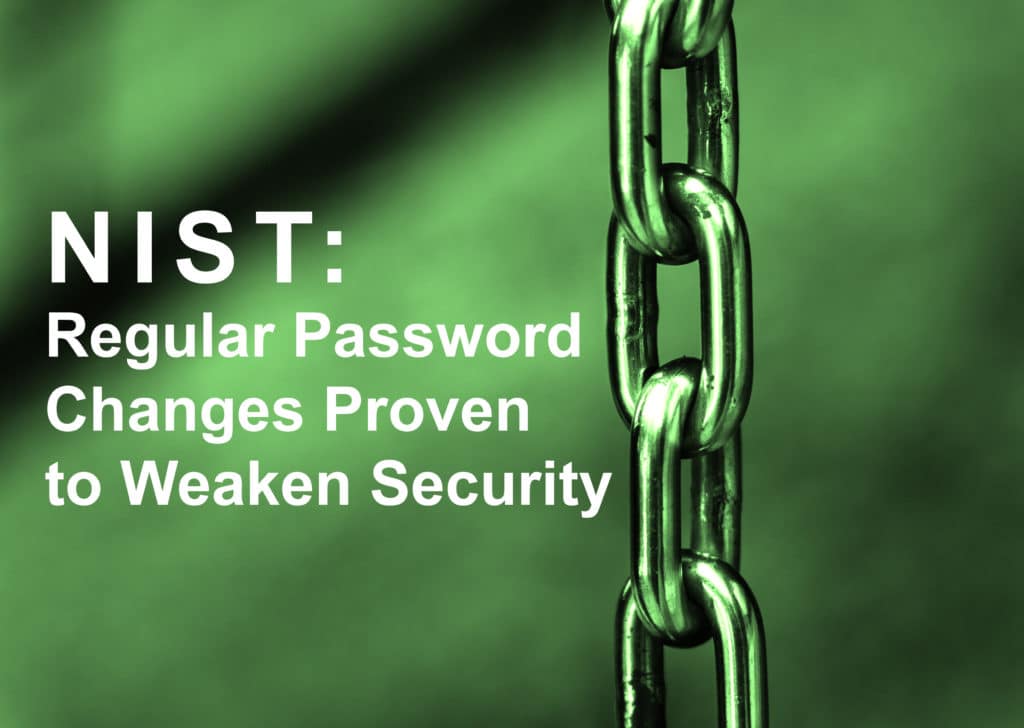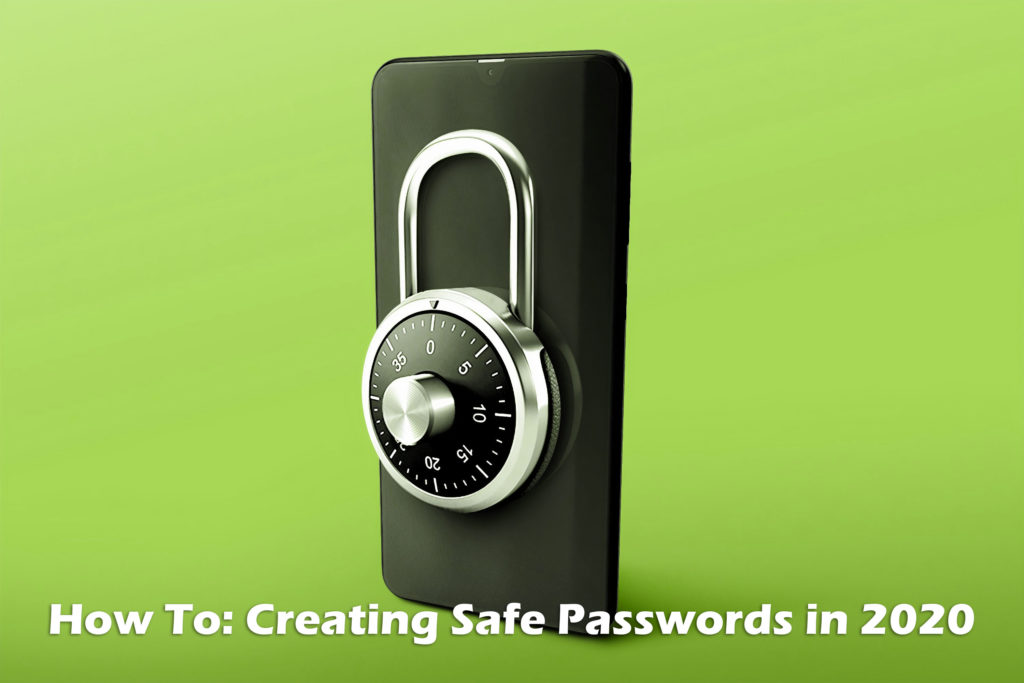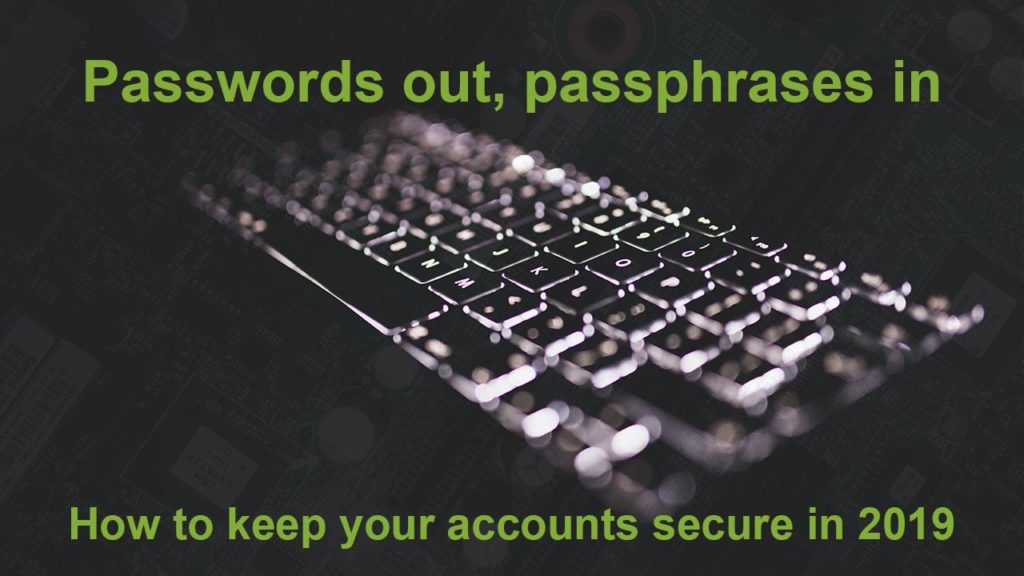NIST is the US National Institute of Standards and Technology, and back in 2003, a password primer was written by one of its managers that put forward recommendations, many of which became the rules we have now. Special characters, mixture of upper and lower case letters, regular password changes – these have all been adopted into ‘best practice’ for password security since NIST made these recommendations. Now, however, these complexity guidelines and regular password changes have been repeatedly proven by experts to actually be less secure for companies, due to the work-arounds humans put in place to make remembering password easier. NIST thankfully have released their mistake and have provided updated best practice standards for password security. Why the sudden change of heart, you may ask? Well, over a billion passwords a year are breached by cyber criminals, and the data obtained shows that when presented with a long list of password criteria, people tend to try something basic first and then just tweak it until it fits. For example, ‘password’ becomes ‘Password1’, which may be more mathematically secure, but can be easily guessed instead.

Previously established guidelines are mostly being discarded, in favour of rules that simplify passwords for the user
No one looks forward to those mandatory password changes every few months, as it can be incredibly frustrating to constantly think of new passwords with the right mixture of capital letters, special characters and numbers. In fact, many people try to simplify the process by using a variation of their previous password – ‘Password1’ becomes ‘Password2’, and so on. In fact, the entire basis for issuing new guidelines stems from one simple fact; people can’t remember all the passwords that they have been forced to create, ultimately causing them to create less secure passwords than if they didn’t have to adhere to the guidelines in the first place. So with all that in mind, here’s a breakdown of the new best practices and why they’re easier and more secure:
Read more




